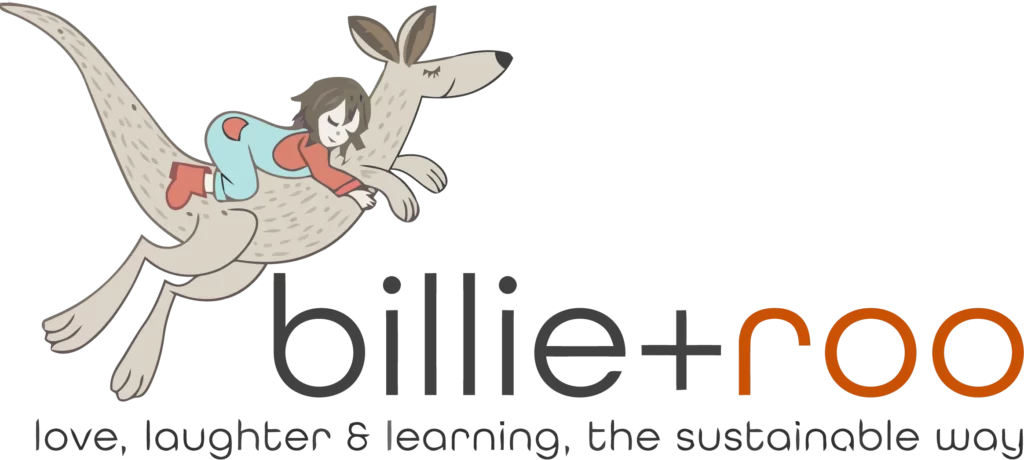In recent years, print books have seen a resurgence, and for good reason – they have been shown to be better for your brain and health than e-books. Apart from the strain on our eyes (that already probably see too much screen time), e-books offer greater distractions and take away that wonderful tactile experience of a print book. Seeing and feeling how much progress you’ve made in the story, by virtue of the waxing and waning of pages on either side of the book, can help readers feel like they’re unfolding the story—both literally and figuratively. Studies have shown that it allows them greater empathy, immersion in the book, and understanding of the narrative. Plus, with a print book, it’s easier to go back and confirm information you may be unsure of without losing your place and having to scroll or click back on your mobile device or tablet. A study of young children between the ages of three and five revealed that kids had lower comprehension of the story when their parents read to them from an e-book as opposed to a print book. Researchers theorize this arises because children get distracted by the electronic device and have a harder time focusing on the story itself. Students who have books at home are more likely to score higher on tests, according to another study of readers from 42 countries. It doesn’t matter how many books you have, but each additional book helps children perform better in school. This is especially true for children from disadvantaged families. Researchers believe this is because having books at home encourages children to read for fun and talk to their parents about what they’ve learned, which only stands to benefit them in the classroom. When you’re winding down for the night, reading from a screen or scrolling through a social media app on your phone are bad ideas. Study after study has shown that the blue light from your screen can toy with your melatonin levels and circadian cycles, making it harder for you to fall asleep and making you feel groggier when you wake up. In general, though, the engagement and brain activity that come with reading can help you drift off to sleep when you’re having trouble. So, if you’re hoping to get a good night’s rest, stick with print. Studies have also shown that books can make us happier, inspire us to travel, and encourage us to make life-changing decisions. And we all know just how relaxing it is to curl up with a good book. In this fast-paced world, this is a wonderful stress relief technique that will do wonders for your health. So don’t feel guilty the next time you spend a little more than you’d planned on books: science says it’s good for you. Source (part): mentalfloss.com
Despite humble beginnings, Bill and Andrea founded ThinkFun, originally called Binary Arts, with a noble mission, “to translate the brilliant ideas of the craziest mathematicians, engineers and inventors into simple toys that can be appreciated by boys and girls around the world.” They still believe in this mission today. They love being the spark that ignites young minds and gives children an early learning advantage; building 21st century thinking skills through play.
STEM is everywhere. It’s the hottest thing in education. It’s also something ThinkFun has been passionate about since before it received the catchy acronym. From engineering toys and coding games to open-ended construction kits, ThinkFun is leading the world in creating STEM games that shape 21st century thinkers.
ThinkFun believes games should be three things. Seriously fun. Seriously educational. And seriously safe. And that’s what they’re providing! Parents love that their games are proven to help stimulate crucial brain development in logic, visual/spatial, math, language, focus and reasoning skills, preparing children for a world that revolves around STEM skills.
Every child no matter their learning level or challenges can benefit from ThinkFun’s addictively fun games – because ThinkFun’s games allow children to learn at their own pace. Educational games are an ideal way to strengthen specific skills, and ThinkFun games are invaluable tools for therapists and parents of children with a range of special needs.

Wanting to bring as much love, laughter and learning into the world through healthy, sustainable choices and good old-fashioned fun, Natural Living Foster (our physical store) and Billie & Roo were born. So what started off as a small kinesiology practice with a few healthy living products and a passion to protect our beautiful planet, soon became so much more. The joy we share with customers each day, whether in person or upon the opening of a new toy through the mail, is why we’re here. We hope you can be a part of our journey … we’d love to have you aboard.